Topic

Electricity
Electricity is the set of physical phenomena associated with the presence and motion of matter possessing an electric charge. Electricity is related to magnetism, both being part of the phenomenon of electromagnetism, as described by Maxwell's equations. Common phenomena are related to electricity, including lightning, static electricity, electric heating, electric discharges and many others.

Elephants
Elephants are the largest living land animals. Three living species are currently recognised: the African bush elephant (Loxodonta africana), the African forest elephant (L. cyclotis), and the Asian elephant (Elephas maximus). They are the only surviving members of the family Elephantidae and the order Proboscidea; extinct relatives include mammoths and mastodons.
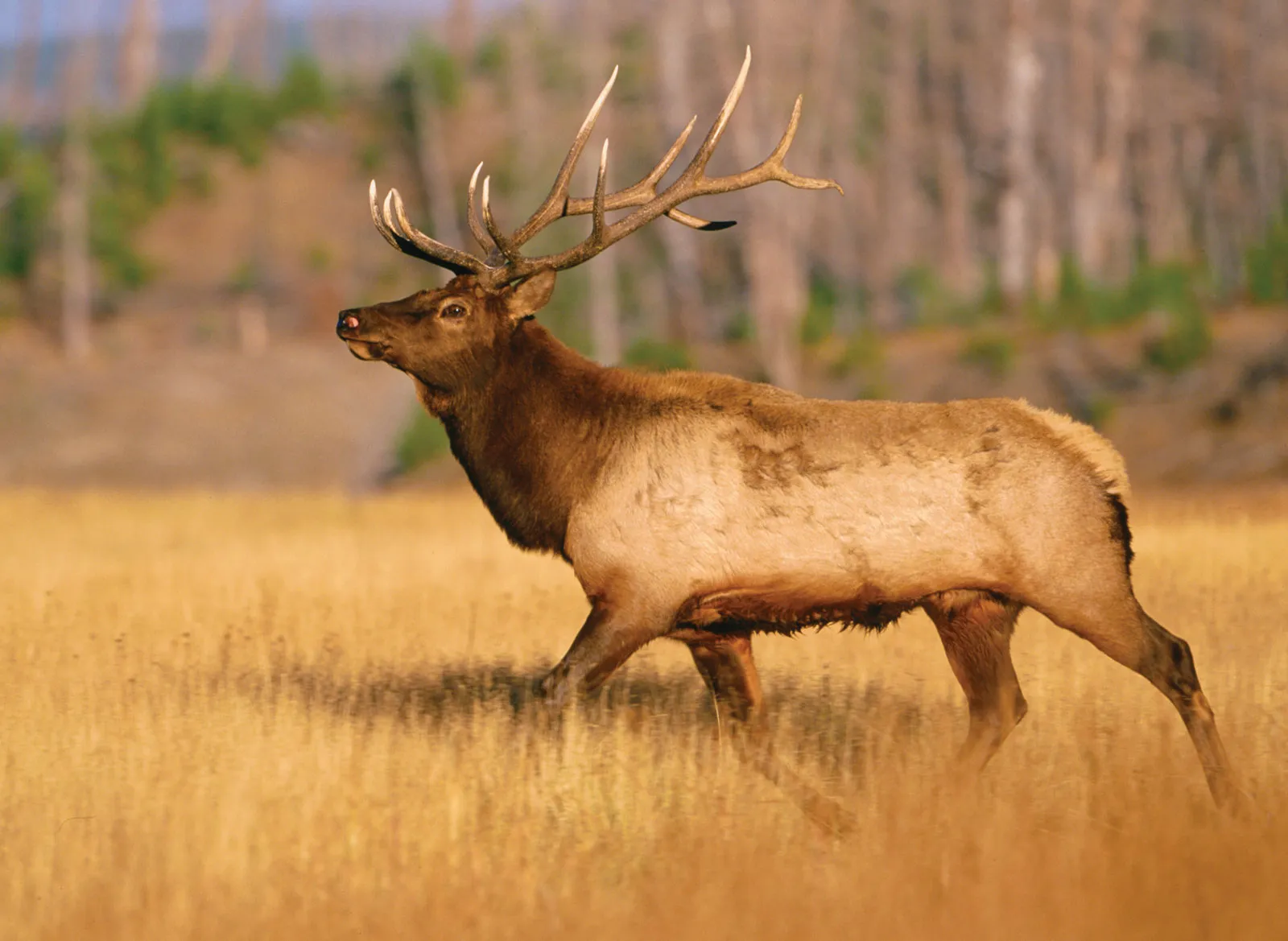
Elks
The elk (pl.: elk or elks; Cervus canadensis) or wapiti, is the second largest species within the deer family, Cervidae, and one of the largest terrestrial mammals in its native range of North America and Central and East Asia. The word "elk" originally referred to the European variety of the moose, Alces alces, but was transferred to Cervus canadensis by North American colonists.

Elvis Presley
Elvis Aaron Presley (January 8, 1935 – August 16, 1977) was an American singer and actor. Referred to as the "King of Rock and Roll", he is regarded as one of the most significant cultural figures of the 20th century. Presley's sexually provocative performance style, combined with a mix of influences across color lines during a transformative era in race relations, brought both great success and initial controversy

Emancipation
Emancipation has many meanings; in political terms, it often means to free a person from a previous restraint or legal disability that violates basic human rights, such as Universal Declaration of Human Rights. Politically it is also used as a guise to procure state power offering the appearance of helping economic and social rights, political rights or equality, often as a pretext for using specifically disenfranchised groups as political proxies in a rhetorical strategy to justify greater state authority over all individuals.

Emergency services
Emergency services and rescue services are organizations that ensure public safety, security, and health by addressing and resolving different emergencies. Some of these agencies exist solely for addressing certain types of emergencies, while others deal with ad hoc emergencies as part of their normal responsibilities. Many of these agencies engage in community awareness and prevention programs to help the public avoid, detect, and report emergencies effectively. Emergency services are often considered first responders, and typically have dedicated emergency vehicles.
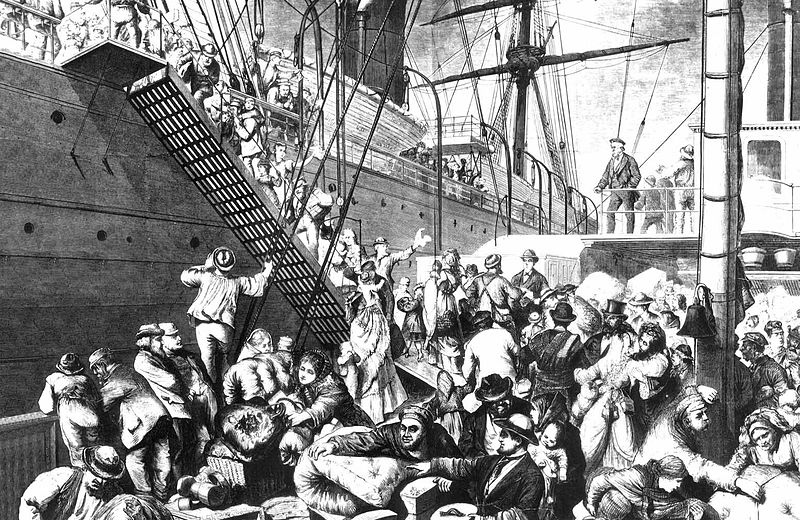
Emigration
Emigration is the act of leaving a resident country or place of residence with the intent to settle elsewhere (to permanently leave a country).Conversely, immigration describes the movement of people into one country from another (to permanently move to a country). A migrant emigrates from their old country, and immigrates to their new country. Thus, both emigration and immigration describe migration, but from different countries' perspectives.
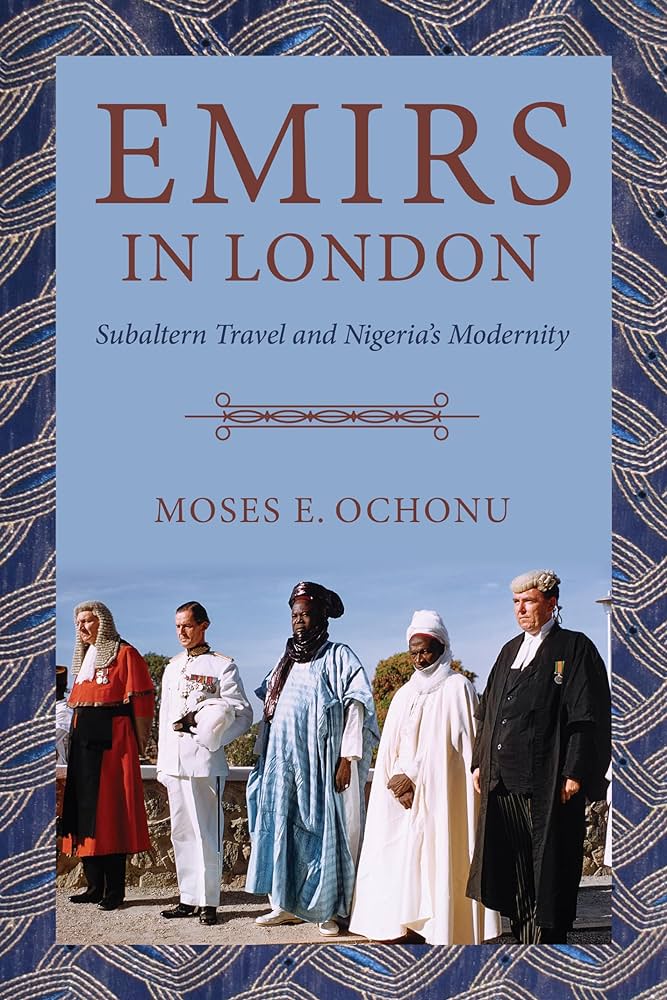
Emirs
Emir (/əˈmɪər, eɪˈmɪər, ˈeɪmɪər/; Arabic: أمير ʾamīr [ʔæˈmiːr] , sometimes transliterated amir, amier, or ameer, is a word of Arabic origin that can refer to a male monarch, aristocrat, holder of high-ranking military or political office, or other person possessing actual or ceremonial authority. The title has a long history of use in the Arab World, East Africa, West Africa, Central Asia, and the Indian subcontinent. In the modern era, when used as a formal monarchical title, it is roughly synonymous with "prince", applicable both to a son of a hereditary monarch, and to a reigning monarch of a sovereign principality, namely an emirate. The feminine form is emira (أميرة ʾamīrah), with the same meaning as "princess". Prior to its use as a monarchical title, the term "emir" was historically used to denote a "commander", "general", or "leader" (for example, Amir al-Mu'min). In contemporary usage, "emir" is also sometimes used as either an honorary or formal title for the head of an Islamic, or Arab (regardless of religion) organisation or movement.
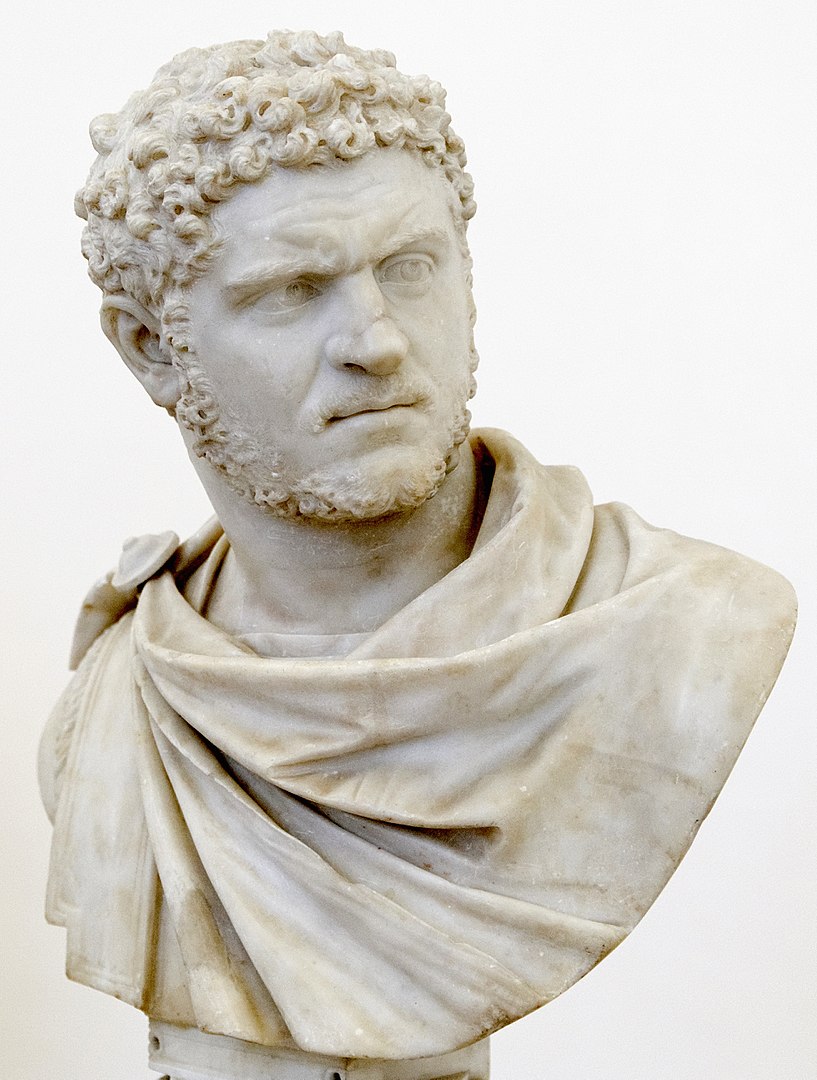
Emperors
The word emperor (from Latin: imperator, via Old French: empereor) can mean the male ruler of an empire. Empress, the female equivalent, may indicate an emperor's wife (empress consort), mother/grandmother (empress dowager/grand empress dowager), or a woman who rules in her own right and name (empress regnant or suo jure). Emperors are generally recognized to be of the highest monarchic honour and rank, surpassing king. In Europe, the title of Emperor has been used since the Middle Ages, considered in those times equal or almost equal in dignity to that of Pope due to the latter's position as visible head of the Church and spiritual leader of the Catholic part of Western Europe. The emperor of Japan is the only currently reigning monarch whose title is translated into English as "Emperor"

Employment agencies
An employment agency is an organization which matches employers to employees. In developed countries, there are multiple private businesses which act as employment agencies and a publicly funded employment agency.

Empress
The word emperor (from Latin: imperator, via Old French: empereor)can mean the male ruler of an empire. Empress, the female equivalent, may indicate an emperor's wife (empress consort), mother/grandmother (empress dowager/grand empress dowager), or a woman who rules in her own right and name (empress regnant or suo jure). Emperors are generally recognized to be of the highest monarchic honour and rank, surpassing king. In Europe, the title of Emperor has been used since the Middle Ages, considered in those times equal or almost equal in dignity to that of Pope due to the latter's position as visible head of the Church and spiritual leader of the Catholic part of Western Europe. The emperor of Japan is the only currently reigning monarch whose title is translated into English as "Emperor

Energy
In physics, energy (from Ancient Greek ἐνέργεια (enérgeia) 'activity') is the quantitative property that is transferred to a body or to a physical system, recognizable in the performance of work and in the form of heat and light. Energy is a conserved quantity—the law of conservation of energy states that energy can be converted in form, but not created or destroyed. The unit of measurement for energy in the International System of Units (SI) is the joule (J).
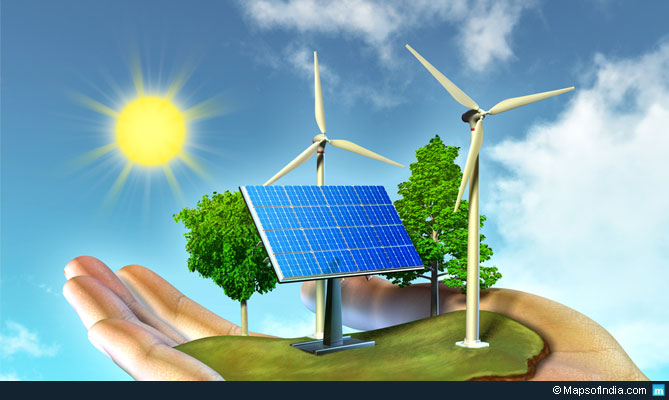
Energy Conservation
Energy conservation is the effort to reduce wasteful energy consumption by using fewer energy services. This can be done by using energy more effectively (using less energy for continuous service) or changing one's behavior to use less service (for example, by driving less). Energy conservation can be achieved through efficient energy use, which has some advantages, including a reduction in greenhouse gas emissions and a smaller carbon footprint, as well as cost, water, and energy savings.

Engineering
Engineering is the practice of using natural science, mathematics, and the engineering design process to solve problems within technology, increase efficiency and productivity, and improve systems. Modern engineering comprises many subfields which include designing and improving infrastructure, machinery, vehicles, electronics, materials, and energy systems

Engineers
Engineers, as practitioners of engineering, are professionals who invent, design, analyze, build and test machines, complex systems, structures, gadgets and materials to fulfill functional objectives and requirements while considering the limitations imposed by practicality, regulation, safety and cost.The word engineer (Latin ingeniator, the origin of the Ir. in the title of engineer in countries like Belgium and The Netherlands) is derived from the Latin words ingeniare ("to contrive, devise") and ingenium ("cleverness"). The foundational qualifications of a licensed professional engineer typically include a four-year bachelor's degree in an engineering discipline, or in some jurisdictions, a master's degree in an engineering discipline plus four to six years of peer-reviewed professional practice (culminating in a project report or thesis) and passage of engineering board examinations.
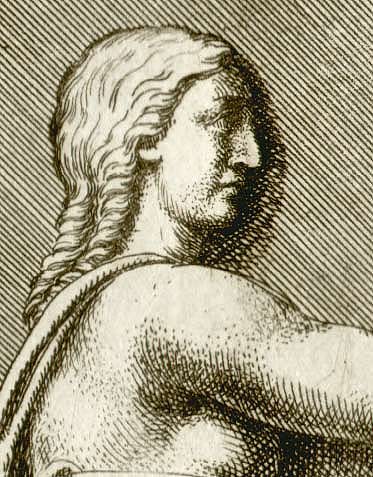
Engravings
Engraving is the practice of incising a design on a hard, usually flat surface by cutting grooves into it with a burin. The result may be a decorated object in itself, as when silver, gold, steel, or glass are engraved, or may provide an intaglio printing plate, of copper or another metal, for printing images on paper as prints or illustrations; these images are also called "engravings". Engraving is one of the oldest and most important techniques in printmaking. Wood engravings, a form of relief printing and stone engravings, such as petroglyphs, are not covered in this article.

Entertainers
Acrobatics (from Ancient Greek ἀκροβατέω (akrobatéō) 'walk on tiptoe, strut') is the performance of human feats of balance, agility, and motor coordination. Acrobatic skills are used in performing arts, sporting events, and martial arts. Extensive use of acrobatic skills are most often performed in acro dance, circus, gymnastics, and freerunning and to a lesser extent in other athletic activities including ballet, slacklining and diving. Although acrobatics is most commonly associated with human body performance, the term is used to describe other types of performance, such as aerobatics.

Environment and Conservation
The Department of Environment and Conservation (DEC) was a department of the Government of Western Australia that was responsible for implementing the state's conservation and environment legislation and regulations. It was formed on 1 July 2006 by the amalgamation of the Department of Environment and the Department of Conservation and Land Management.

Environment Protection
Environmental protection is the practice of protecting the natural environment by individuals, groups and governments.Its objectives are to conserve natural resources and the existing natural environment and, where it is possible, to repair damage and reverse trends.